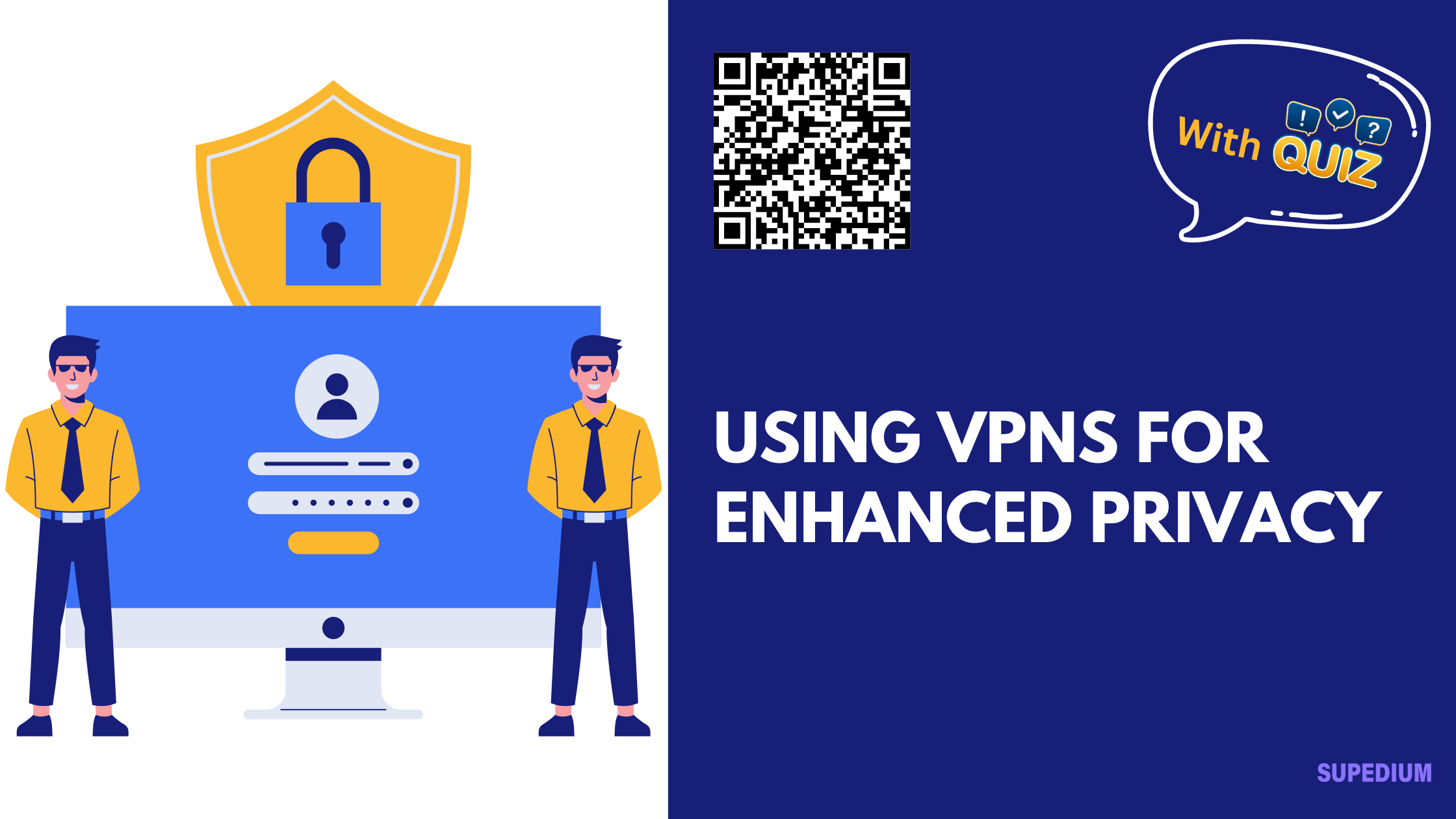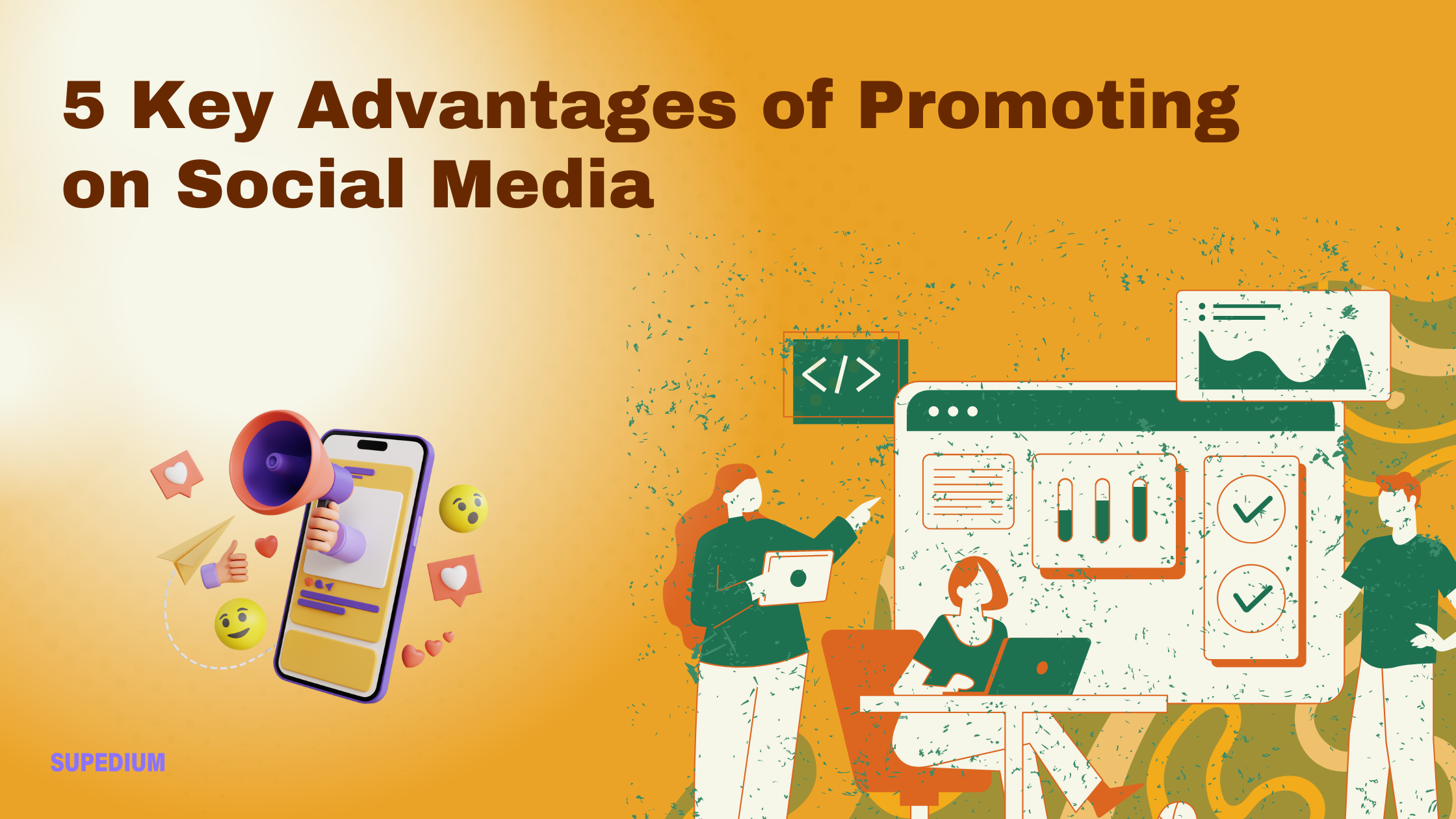Table of Contents
- 0.0.1 I. Introduction
- 0.0.2 II. How VPNs Work
- 0.0.3 III. Benefits of Using a VPN for Privacy
- 0.0.4 IV. Potential Drawbacks and Limitations
- 0.0.5 V. Choosing a VPN Service
- 0.0.6 VI. Best Practices for Using a VPN
- 0.0.7 VII. Legal and Ethical Considerations
- 0.0.8 VIII. Future Trends in VPN Technology
- 0.0.9 IX. Conclusion
- 1 Quiz Time
![]()
In today’s digital landscape, where data privacy is a growing concern, Virtual Private Networks (VPNs) have become a popular tool for enhancing online privacy and security. This article provides a comprehensive overview of VPNs, exploring their functions, benefits, limitations, and the best practices for using them.
I. Introduction
Definition of a VPN
A Virtual Private Network (VPN) is a service that creates a secure and encrypted connection over a less secure network, such as the Internet. VPNs essentially mask your IP address and encrypt your internet traffic, making it more difficult for third parties to track your online activities.
Importance of Privacy in the Digital Age
As digital surveillance and data collection become increasingly sophisticated, maintaining privacy online is more critical than ever. High-profile data breaches and unauthorized data harvesting highlight the need for effective privacy tools.
II. How VPNs Work
Basic Operation
VPNs operate by routing your internet traffic through a secure server located elsewhere. This process involves encrypting your data so that it is unreadable to anyone who might intercept it. Your online activities appear to originate from the VPN server rather than your own device.
VPN Protocols
- OpenVPN: An open-source protocol known for its strong security and flexibility.
- WireGuard: A newer protocol offering high speed and modern cryptographic algorithms.
- IKEv2/IPSec: Known for its speed and stability, especially on mobile devices.
- PPTP and L2TP: Older protocols that offer less security compared to newer options but may still be used for specific applications.
Key Components
- VPN Server: The remote server that encrypts and forwards your internet traffic.
- VPN Client: The software on your device that establishes the connection to the VPN server.
- VPN Tunnel: The encrypted path that your data travels through, ensuring it remains secure from prying eyes.
III. Benefits of Using a VPN for Privacy
Anonymity and IP Masking
A VPN masks your real IP address, making it harder for websites and Internet Service Providers (ISPs) to track your online behavior. This increased anonymity helps protect your privacy from being exploited for targeted advertising or other purposes.
Data Encryption
By encrypting your internet traffic, a VPN ensures that your data is unreadable to anyone who might intercept it. This is particularly crucial when using public Wi-Fi networks, which are often less secure and more vulnerable to data breaches.
Access to Restricted Content
VPNs can bypass geographic restrictions and censorship, allowing you to access content that may be blocked or restricted in your region. This can include streaming services, websites, and other online resources.
Enhanced Security
VPNs provide protection against man-in-the-middle attacks, where an attacker intercepts and potentially alters communications between you and a website. Additionally, some VPNs offer features like malware protection and ad-blocking.
IV. Potential Drawbacks and Limitations
Impact on Connection Speed
Using a VPN can slow down your internet connection due to the extra steps involved in encrypting and routing your traffic. The extent of this slowdown varies based on the VPN provider, server location, and the encryption protocol used.
Reliability and Trustworthiness of VPN Providers
Not all VPNs are created equal. It’s important to choose a provider with a strong reputation for privacy and security. Some free VPN services may log your data or have inadequate security measures.
Legal and Policy Considerations
The legality of VPN use varies by country. In some regions, VPNs are restricted or illegal, which could lead to legal consequences if used improperly. Users should be aware of local laws regarding VPN use.
V. Choosing a VPN Service
Criteria for Selection
When selecting a VPN, consider factors such as privacy features, server locations, connection speed, and cost. A reputable VPN provider should have a clear privacy policy and strong security protocols.
Comparison of Popular VPN Providers
- NordVPN: Known for its robust security features and large server network.
- ExpressVPN: Offers high-speed connections and a user-friendly interface.
- CyberGhost: Provides strong privacy features and a wide range of servers.
- Surfshark: Known for its affordability and unlimited device connections.
Free vs. Paid VPNs
While free VPNs might seem appealing, they often come with limitations such as data caps, slower speeds, and potential privacy concerns. Paid VPNs generally offer better security, faster speeds, and more reliable service.
VI. Best Practices for Using a VPN
Regularly Update VPN Software
Keeping your VPN software updated is crucial for maintaining security. Updates often include security patches and new features that enhance the overall functionality of the VPN.
Combining VPN with Other Privacy Tools
To maximize your privacy, consider using a VPN in conjunction with other tools such as Tor, secure browsers, and privacy-focused search engines. This multi-layered approach can provide additional protection.
Understanding VPN Limitations
A VPN is a powerful tool, but it is not a panacea for all privacy concerns. It should be used as part of a broader strategy that includes secure browsing habits and other privacy measures.
VII. Legal and Ethical Considerations
Legal Status of VPNs Globally
The legality of VPNs varies worldwide. While many countries permit their use, some restrict or ban VPN services. Users should familiarize themselves with local regulations to avoid potential legal issues.
Ethical Use of VPNs
VPNs should be used ethically and legally. Avoid using them for illegal activities or to violate the terms of service of websites and services.
VIII. Future Trends in VPN Technology
Emerging Technologies
The future of VPN technology may include advancements such as improved encryption standards and integration with AI for enhanced privacy features. These developments aim to keep pace with evolving threats.
Predictions for VPN Evolution
VPNs are likely to continue evolving with a greater focus on privacy, security, and ease of use. Expect increased integration with other security technologies and innovations in privacy protection.
IX. Conclusion
VPNs play a crucial role in enhancing online privacy by masking your IP address, encrypting your data, and providing access to restricted content. While they offer significant benefits, it’s important to understand their limitations and use them responsibly. By choosing a reputable provider and following best practices, you can leverage VPN technology to better safeguard your online activities.






Be the first to comment